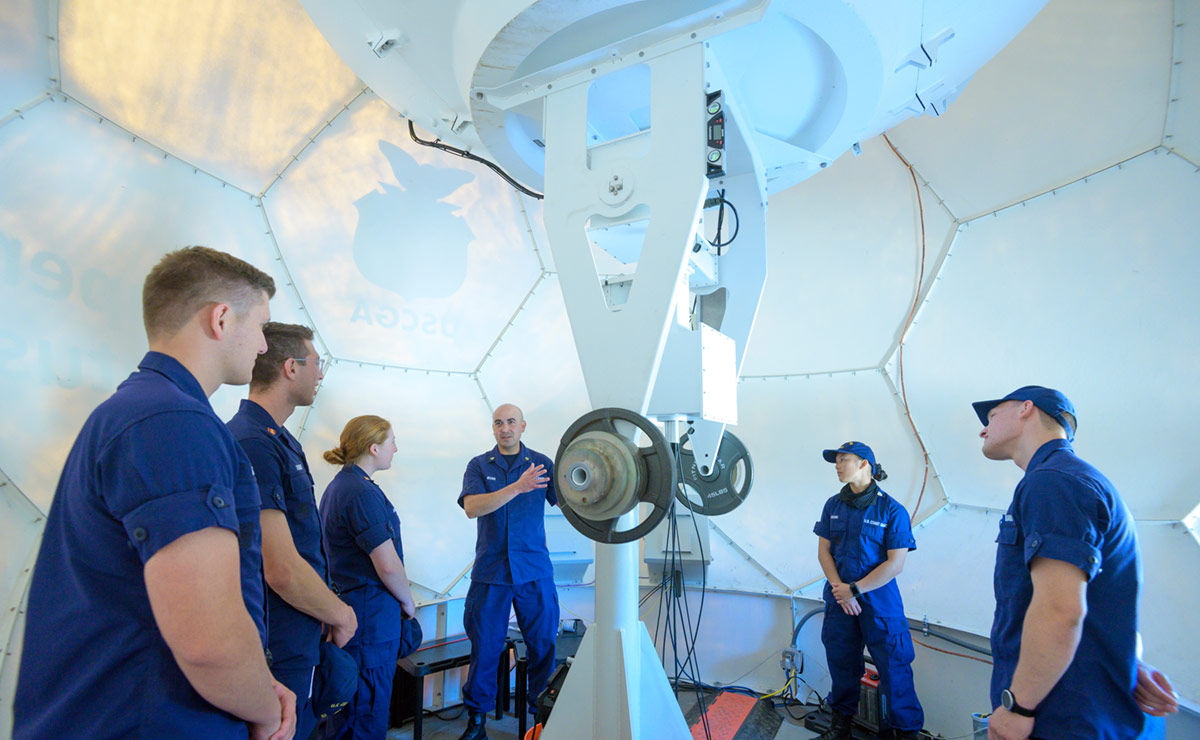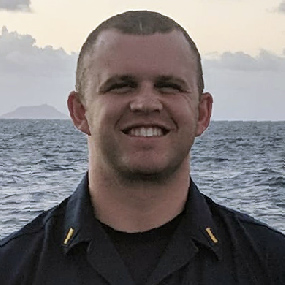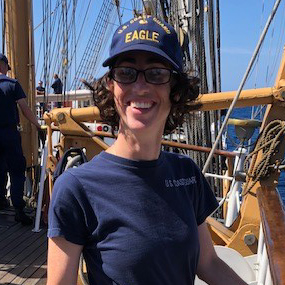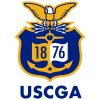
Marine and Environmental Sciences
Marine and Environmental Sciences (MES) is a study of the complex relationships between humans and the land, oceans and atmosphere. The MES major integrates oceanography, chemistry, biology, physics, and math to provide a technical, multidisciplinary education closely aligned with the Coast Guard missions of fisheries law enforcement; environmental response management; search and rescue operations; oil spill cleanup; and iceberg tracking.
- MES involves considerable amount of time spent conducting hands-on laboratory experiments using the latest technology and fieldwork often onboard the Marine Science research vessel, the Michael J. Greeley
- Courses take advantage of the CGA’s proximity to the Thames River estuary for field studies
- Electives allow students to explore areas such as toxicology, astronomy, polar studies, or to pursue independent research.
- The Marine and Environmental Sciences major is accredited by the Applied and Natural Science Accreditation Commission of ABET, www.abet.org.
Areas of Specialization
Beginning in your 3rd class (sophomore) year and continuing through the first semester of your 1st class (senior) year, MES majors specialize in one of the following three concentrations.
- Environmental Science
- Marine Science
- Environmental Monitoring
Geospatial Intelligence
Open to cadets in all majors, the Geospatial Intelligence Plan of Study Certificate program is a sequence of specialized courses that cuts across several scientific disciplines. Completion of this certificate program expands assignment opportunities in the Coast Guard, and opens a diverse range of career pathways in the civilian sector.
Resources
MES majors have access to exceptional resources, including the R/V Michael J. Greeley, our 36-foot marine science research vessel; laboratories with state-of-the-art, research-grade equipment; and, very importantly, abundant waters – the Academy sits on the Thames River and is just miles away from the Long Island Sound, gateway to the Atlantic Ocean.
Learning in Action
Previous
Next
FACTS AND FIGURES
$
0
.5M
in scientific equipment is accessible to MES majors
0
Total number of conferences on average attended by MES majors each year
0
Independent research projects
0
MES majors have been named Fulbright Scholars
Featured Graduates
Contact Information
Marine and Environmental Sciences
CDR Victoria Futch
Program Chair
Victoria.C.Futch@uscga.edu
(860) 444-8634
Victoria.C.Futch@uscga.edu
(860) 444-8634



